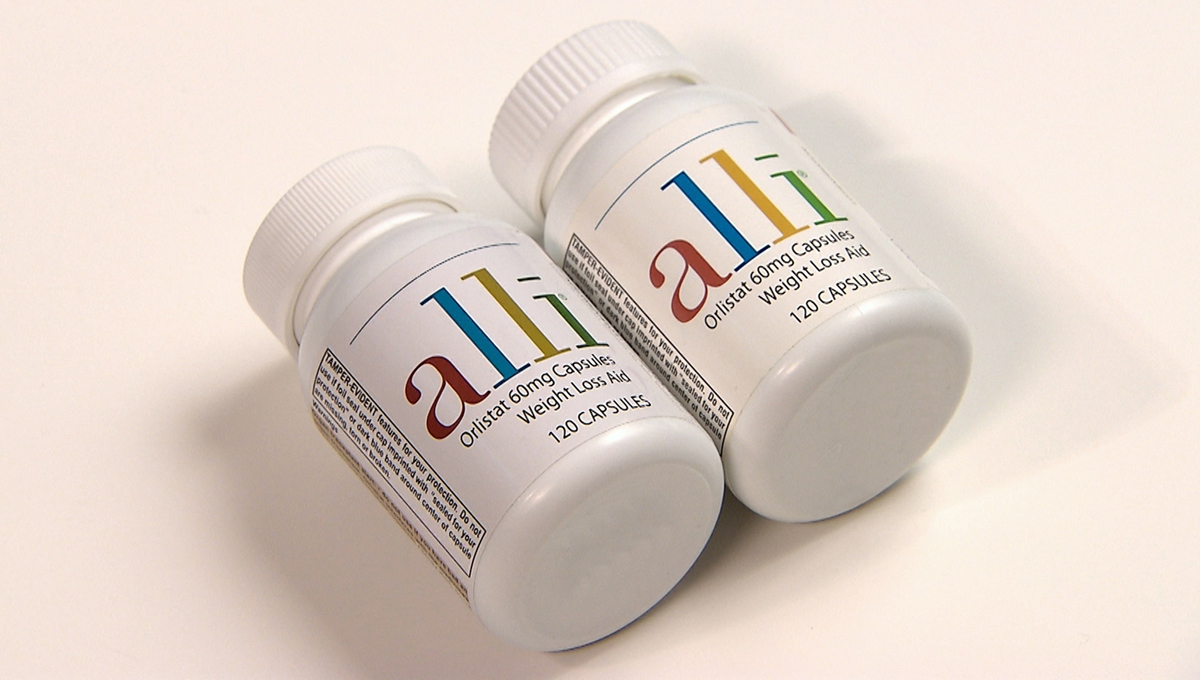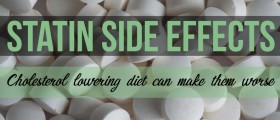
What exactly is Alli and what is it used for?
Alli is the one of many weight loss medications that can be used without a prescription, and which is, unlike some others, considered to be safe. It has officially been approved by the FDA. The mechanism of action of this medication is related to its ability to decrease the absorption of fat from the diet, or more precisely, it prevents the absorption of approximately 25 % of the fat in the diet. It does that by binding to certain enzymes and thus inhibiting their activity. This way, it helps in losing much more weight, but gradually. Still, it is not safe for everyone, because there are some groups of people who are at a bit higher risk of experiencing adverse effects of this medication, and thus are not recommended to use it without consultations with a doctor. Among those who belong to these risk groups are people who suffer from diabetes, problems with gallbladder, kidney stones, pancreatitis, as well as those who have some kind of a thyroid disorder or problems that affect the ability of food absorption. Pregnant and lactating women are also not advised to use it, as well as people who use medications such as warfarin, amiodarone, cuclosporine, or medications for diabetes or thyroid problems. Some vitamins may also provoke certain contraindications if used in combination with Alli, which is why it is important to inform the doctor about these things in advance and before making a diet plan that includes this medication.
Are there any side effects?
When it comes to the possible side effects of Alli, people should be aware of the fact that, since it is non-prescription medication, such details do not have to be available. Still, if judging by the reports and results of studies that the FDA has provided, the most commonly reported side effects of Alli include pain in the abdomen, an urgent need to have a bowel movement, gas that may even be followed by oil or stool in small amount, diarrhea, and soft stool. A bit less common side effects include pain in the back, uncontrolled bowel movement and more frequent bowel movements. Still, none of these symptoms requires treatment, but those that do require medical attention are signs that indicate some kind of liver damage, severe pain in the stomach, kidney stones and signs that indicate some kind of an allergic reaction.

















Your thoughts on this
Loading...